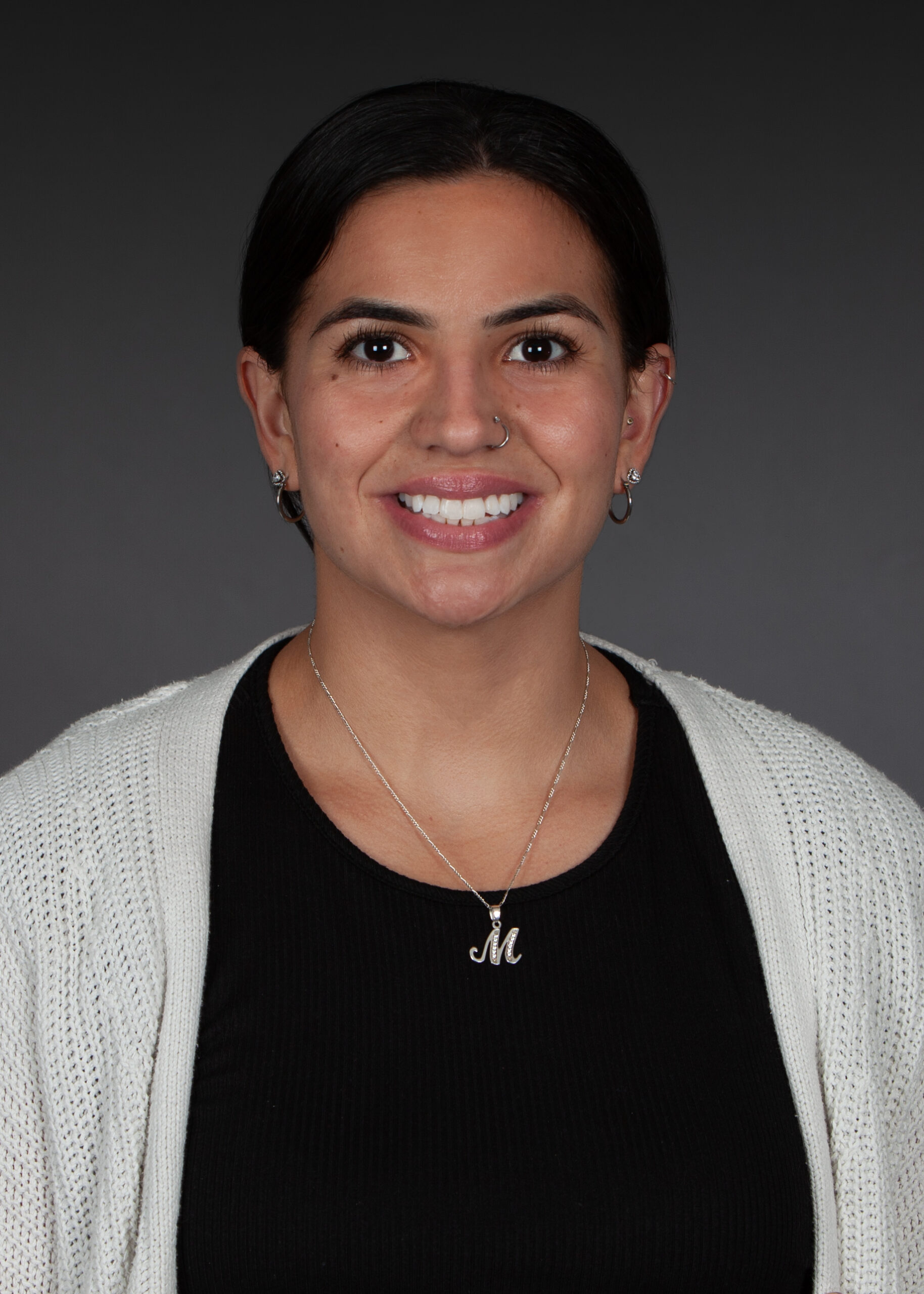I am thrilled to be joining the Trellis Foundation team as a Graduate Fellow! As a first-generation college student, post-secondary education access, opportunity, and success are subjects that hit close to home. Navigating higher education without a clear guide required me to rely heavily on support resources throughout my university tenure. That experience instilled in me a deep understanding of the importance of strong student support systems, and it continues to fuel my commitment to improving these structures and removing barriers for future generations. I am excited to have the opportunity to work with the Foundation and contribute to work that centers student voices and experiences.
Before this role, I completed my undergraduate studies at the University of North Texas, earning dual degrees in Political Science and English. Initially, I pursued my English degree with the hope of becoming a teacher. I felt drawn to the teaching profession because several teachers throughout my K-12 journey not only transformed my education but also my character. Their investment in me as a student left a lasting impact on me, and I felt compelled to pay that same investment forward for my own future students.
However, after completing my teacher preparation program, I was left with a myriad of questions about equity in the Texas education system. I remember the echoing “why” questions about curriculum development, student standards, dress codes, testing procedures, discipline guidance, book banning, and many more topics. At the time, most of my professors advised me that this was just the way things are and to focus on controlling what I could in my classroom, instead of stressing about what I couldn’t control outside of it. Ultimately, this did not sit right with me.
This led me to an education policy class that I was fortunate enough to take during my undergraduate time, and this opened my eyes. I began to learn about the bureaucratic and hierarchical system of education. I felt frustrated by the severe lack of options for classroom teachers, school staff, and district officials to share their input and hold policymakers accountable.
After this learning experience, I decided to pursue education policy to learn more about policies related to K-12 education equity and post-secondary access for low-income students and students from historically underrepresented groups. Currently, I am in my second year studying Education Policy and Planning for my master’s degree at the University of Texas at Austin.
I work for a youth college access mentoring program, Project MALES, which aims at encouraging young men of color to pursue higher education or postsecondary credentials. I ground myself in this role as a lifelong learner. Working with students continually reminds me that policy must be informed by lived experience. This understanding often comes from safe spaces created by organizations like this Foundation, which invest in data-informed programs designed to improve higher education outcomes for students from historically marginalized groups.
Before this fellowship, I also worked for a lobbying firm on a broad range of issues during the 89th Texas Legislative Session, and most recently, I interned for the National Hispanic Caucus of State Legislatures, refining my policy knowledge. At both the state and national levels, I was fortunate to work alongside community leaders who leveraged their lived experiences to advocate for more equitable policies. These experiences reinforced my commitment to community-based advocacy, which is modeled and supported by Trellis Foundation.
I felt drawn to Trellis Foundation because of my passion for equity in education access. As I begin this fellowship, I am eager to learn more about the grantmaking process and contribute to work that improves individual opportunity and helps to dismantle the systemic barriers that make education inequitable in the first place. My hope is to bring my perspective as a low-income, first-generation student, mentor, and policy advocate to my work with the Foundation to improve postsecondary attainment for low-income students and students of color in Texas.
About the Author

Marianna Fresquez is a second-year master’s student in the Education and Policy Planning Program at The University of Texas at Austin. She graduated from the University of North Texas with dual degrees in English and Political Science. Marianna currently serves as a Graduate Fellow with the Trellis Foundation and as a mentoring site coordinator for Project MALES. Her professional experience includes both state and federal policymaking. She worked with a lobbyist during the 89th Texas Legislature and recently completed the Graduate Archer Fellowship with the National Hispanic Caucus of State Legislators in Washington, D.C. Her research interests focus on the historical and cultural factors shaping disparities in K-12 opportunity and access, the school-to-prison pipeline, Texas college/career/military readiness standards, and post-secondary access and success interventions.

